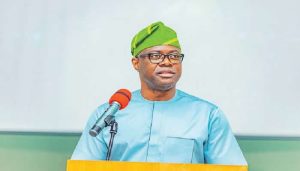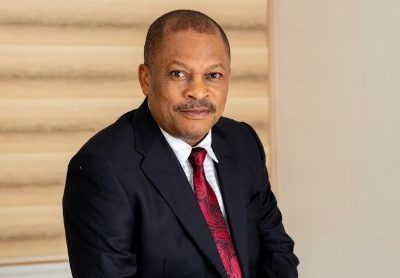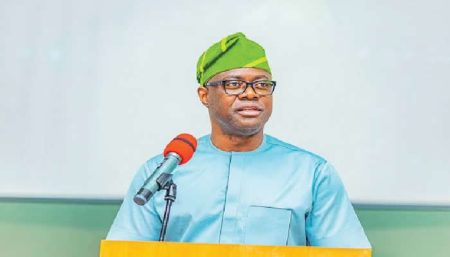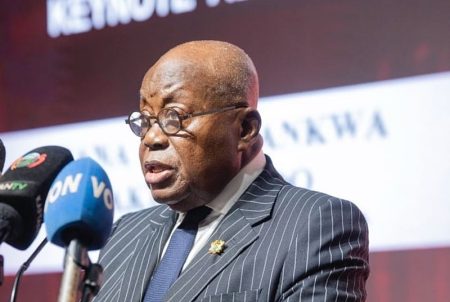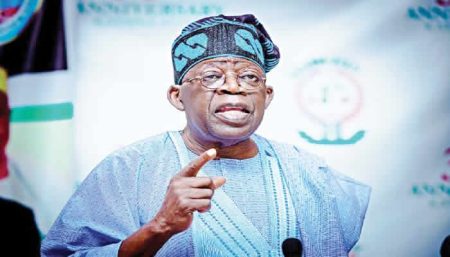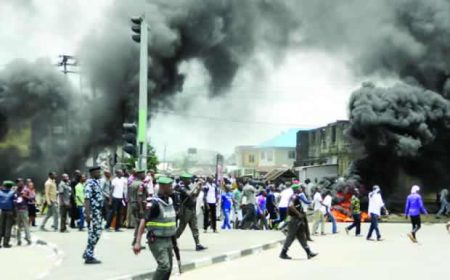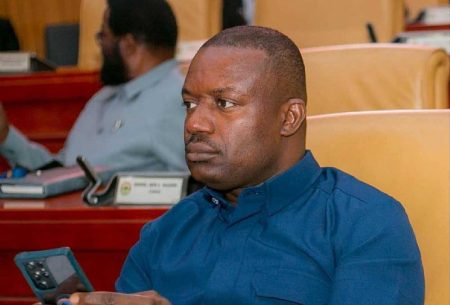The Tumultuous Terrain of Nigeria’s PDP: A Deep Dive into Internal Conflicts and the Quest for Resolution
The Peoples Democratic Party (PDP), one of Nigeria’s major political forces, finds itself grappling with internal discord, particularly concerning the position of its National Secretary, Samuel Anyanwu. A recent court ruling denied Anyanwu’s attempt to prevent the Independent National Electoral Commission (INEC) from recognizing his purported removal from office. Justice Inyang Ekwo of the Federal High Court in Abuja, while acknowledging the urgency of Anyanwu’s plea, emphasized the necessity of hearing from all involved parties, particularly INEC and the acting National Chairman, Umar Damagum, before issuing any definitive orders. This legal maneuvering underscores the deeper tensions simmering within the party, foreshadowing potential implications for its future and its preparations for the 2027 elections.
The heart of the contention lies in Anyanwu’s efforts to retain control over official party communication with INEC. He sought a court order to invalidate any correspondence not bearing his signature, effectively aiming to paralyze the party’s official interaction with the electoral body. This move, however, was met with resistance, highlighting the power struggle within the PDP and the challenge of maintaining a unified front. The court’s decision to require a full hearing suggests a cautious approach, aiming to navigate the complex political landscape and avoid exacerbating internal divisions. This legal battle is not merely a procedural matter; it reflects a deeper tussle for power and control within the party’s hierarchy.
Adding another layer to the PDP’s internal struggles is the call for peace and reorganization by the Cross River State chapter. Recognizing the detrimental impact of internal strife, the state chapter urged party leaders to prioritize unity and strategic planning for future electoral success. This appeal underscores the growing awareness within the party that internal conflicts could undermine its ability to effectively challenge its rivals in upcoming elections. The call for reorganization suggests a desire to revitalize the party’s structure and strengthen its position ahead of the 2027 political landscape.
A key aspect of the reorganization efforts revolves around the upcoming zonal congresses. The Cross River State chapter has expressed its firm support for the South-South governors’ decision to hold the congress in Port Harcourt, the designated zonal headquarters, in accordance with party tradition and constitutional provisions. This stance directly contradicts a faction advocating for the congress to be held in Calabar, fueling further internal division. The insistence on adhering to established procedures and constitutional dictates underscores the importance of maintaining established norms and avoiding deviations that could exacerbate existing tensions. This adherence to tradition signifies a desire for stability and order within the party, particularly in the face of internal disputes.
The emphasis on following the party’s constitution and established guidelines reflects a broader concern about preserving the integrity of the party’s internal processes. By upholding these established norms, the Cross River State chapter seeks to reinforce the rule of law within the party and project an image of stability to the electorate. This commitment to constitutional adherence aims to prevent further fragmentation and ensure a level playing field for all members. The adherence to due process also serves as a signal to external observers that the PDP is committed to democratic principles and internal accountability.
Ultimately, the call for selfless leadership and inclusivity highlights the need for a broader perspective within the party. Recognizing the importance of diverse opinions and interests, the Cross River State chapter emphasizes the need for collaboration and unity in selecting capable officials. This focus on inclusivity signifies a desire to bridge the divides within the party and foster a sense of shared purpose. The emphasis on selfless leadership suggests a need for individuals who prioritize the party’s collective interests over personal ambitions. This appeal for unity and collaboration underscores the understanding that internal cohesion is crucial for electoral success in a competitive political environment. The PDP’s ability to navigate these internal challenges and emerge as a unified force will significantly impact its prospects in the 2027 elections and beyond. The party’s ongoing internal struggles serve as a reminder of the complex dynamics at play within Nigeria’s political landscape and the challenges of maintaining unity and cohesion within large and diverse political organizations.



